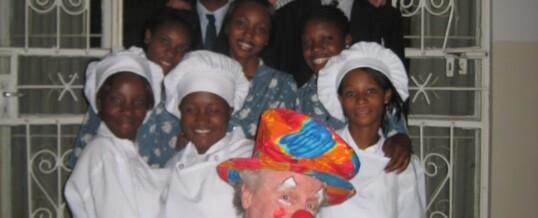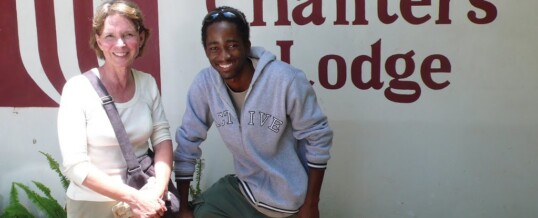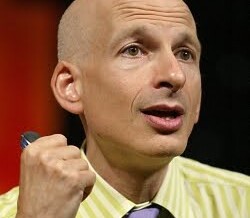
I liked this article from Inc Magazine on what they call The New Rules of Leadership. I’ve edited a lot of it, left and commented on just seven I feel to be the most relevant for us at Chanters Lodge, Livingstone:
1. Have a Bias Towards Action
Before Josh James founded online analytics company Omniture, he carried around an idea book, and jotted down ideas every day. He ended up with a patent on a product: a hair-in-hairbrush remover he dubbed Brush’s Groom. It never made a cent, but the process taught him about creating a business plan, marketing, and distribution.
Chanters
Where would we be without our ‘to do list’ and handover book?
2. Keep Communications to a Minimum
Joel Spolsky, founder and CEO of Fog Creek Software in New York City, asks: When was the last time you scheduled a meeting and invited eight people instead of the three people who really needed to be there? When did you send a non-consequential company-wide email? These are symptoms of a common ailment that Spolsky dubs too much communication.
Chanters
I realised some time ago the best way to communicate here is to write a few lines about what I think on the bottom of the bi-weekly food percentage calculation placed on a table in the kitchen. Everyone reads it!
3. Motivate Employees Through Volunteerism
When your company is booming, but your employees are service-industry workers who can’t be paid too much in reward, what do you do? Amy Simmons, founder of Amy’s Ice Cream in Austin, Texas, gets her workers involved in the impact her company has on the community. She brings employees to hospital volunteer days and lets them choose which charities Amy’s Ice Cream supports. Pretty sweet.
Chanters
I think this is a cracking idea and feel we should be doing more for the community.
4. Make Customer Service Everyone’s Job
Anytime anyone writes an e-mail to Kayak, the travel search engine Paul English founded with Steve Hafner in 2004, they get a personal response. And a phone call? English will jump over desks to answer it. Indeed every employee, from an office assistant to a web developer, is expected to do the same.
Chanters
Gosh yes! Of course it is!
5. Leave Your Schedule Open Agility is the key to productivity for Scott Lang, the CEO of Silver Spring Network, a Redwood City, California-based developer of smart energy grids. He leaves large blocks of his schedule open, such that on an average day, he’s only 50 percent scheduled. That way, he’s open to impromptu meetings, such as if an important new partner’s CEO drops by (that happened one open afternoon). And, if he winds up with extra time, he fills it with self-education and big-picture, future-oriented thinking.
Chanters
Not always easy, but another goal of mine.
6. Don’t Treat All Employees Equally
Cutrone, founder of Manhattan PR firm People’s Revolution, describes her office as a research and development lab for the “ultimate power chicks.” That said, each employee comes with different skill sets and character defects, she says, so she doesn’t treat any of her employees the same. “We’re talking all day long about our lives, our fears, what’s happening, our clients, it’s a very creative place,” she says.
Chanters
I like this one
7. Work Weekends, and Love It
For Seth Priebatsch, CEO of SCVNGR, a Boston-based start-up that helps organizations engage people through location-based smartphone games, weekends are not only fair game, but also are highly productive. When he has a particularly difficult problem to solve, he likes to come in on the weekend when there’s less going on and spend a day on it. Evenings are for reading up on fresh technology. And he expects the same of his peers and potential hires. “I’ll interview people on Saturdays, late at night, early in the morning. Those are perfectly reasonable times to expect someone who is a rock star to be on top of his or her game and excited.”
Chanters
We have no choice!
The picture? Chanters Lodge team photo with Powey The Clown!
1
APR






















